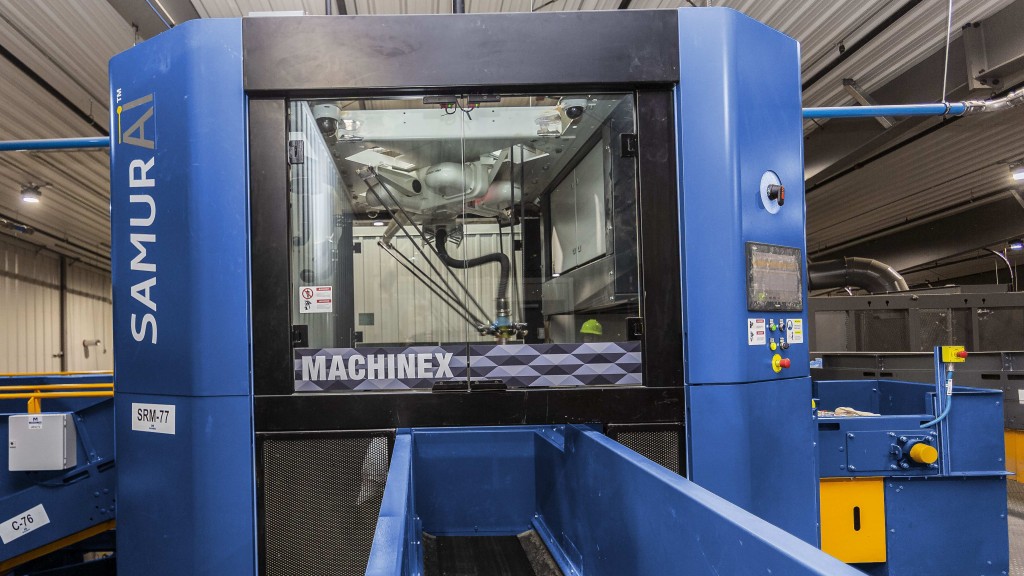Veolia expands partnership with Toronto to manage 130,000 tonnes of organic waste annually
Veolia strengthens sustainable waste management in Toronto by managing Dufferin and Disco Road

Veolia has closed a contract to operate and maintain Toronto's Dufferin organics processing facility, adding it to Veolia's ongoing responsibility to operate and maintain the city's other anaerobic digestion facility at Disco Road, which has operated since 2014.
These facilities use advanced pre-processing and anaerobic digestion technology to process organic material, such as residential source-separated food waste, creating high-quality compost and biogas. The city converts the compost and biogas into renewable natural gas, fuelling its fleet and heating its buildings. This process reduces greenhouse gas emissions by approximately 22,000 tonnes annually.
The Disco Road facility manages up to 75,000 tonnes of organic waste per year, while the Dufferin facility converts a maximum of 55,000 tonnes of organic waste into energy each year. This diverts waste from landfills, significantly reducing potential greenhouse gas emissions.
"Veolia Canada is proud to continue collaborating with the City of Toronto on a shared vision for addressing the environmental challenge of managing organic waste safely and sustainably," said Denis Chesseron, CEO and country director of Veolia Canada. "Our resources and expertise in managing anaerobic digestion operations are driven by Veolia's GreenUp strategy for growth and sustainability, ensuring a cleaner world for future generations."
In addition to Toronto's anaerobic digestion facilities, Veolia Canada operates the city of Edmonton's anaerobic digestion facility and Montreal's in-vessel composting operation. Veolia is also commissioning a new anaerobic digestion facility for Montreal.
The United Nations and other global organizations have identified emissions from food and other organic waste as a major contributor to greenhouse gas emissions. Over the past decade, Toronto has become a global leader in leveraging innovative technologies to address this challenge, investing heavily in state-of-the-art anaerobic digestion facilities.



